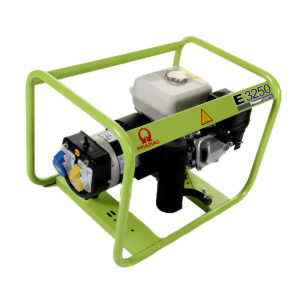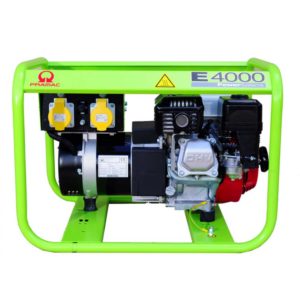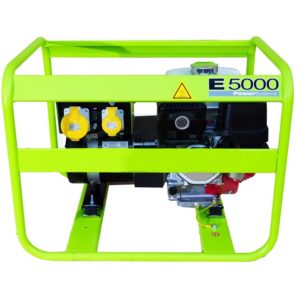Generators
A petrol generator is a self-contained power unit that converts the chemical energy of gasoline into electrical energy. These generators are widely used as a backup power source during outages or in remote locations where grid electricity is unavailable.
Showing 3 of 3 products
Loading filters please wait.







